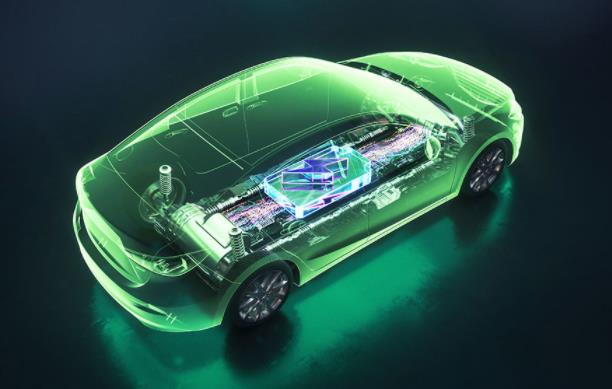What impact will the US Chip Act have on the electric vehicle chip market
Singapore-based tech media govtech recently wrote an article analysing how hundreds of idle cars across the state may finally find their way into the once-lost piece of the puzzle with the passage of the Chip and Science Act.

The President on Tuesday officially signed the $280 billion Chip and Science Act, which earmarks $52.7 billion for semiconductor research, development, manufacturing and workforce development, including $2 billion for traditional mature process chips, which are key to automotive and defence systems, a proposal co-sponsored by Michigan Democratic Senators Gary Peters and Debbie Stabenow.
The semiconductor investment goes hand in hand with the current US government's push to electrify the automotive industry.
In his speech in the Rose Garden, the President of the United States opened with, "Detroit is making some very hot cars." According to a 2021 Semiconductor Industry Association report, automobiles represent only a small portion of global semiconductor demand, with automotive chips estimated to represent only 11% of the overall chip market.
However, the future of the automotive industry is heavily dependent on chip supply as more and more technology is used in cars and the manufacturing focus gradually shifts to electric and self-driving vehicles.
The US president said in his speech that the average electric car uses around 3,000 chips, meaning that the number of chips needed for electric cars will be more than double that of non-electric cars.
Analysts Auto Forecast Solutions said the chip shortage was the reason for the global car production cuts and raised its estimate of the loss of vehicles due to the chip shortage to 3.3 million vehicles.
OTHER NEWS
-
- Sources say Tesla will open Supercharger stations to non-Tesla cars in the U.S. this year
- By 8 Jul,2022

-
- Faraday Future releases manufacturing update to ensure FF 91 delivery in Q3 or Q4
- By 3 Aug,2022

-
- Musk: Tesla expects to achieve mass production of 4680 batteries by the end of this year
- By 5 Aug,2022

-
- EU electric car sales up 11.1% in Q2 this year as fuel car share shrinks
- By 22 Jul,2022

-
- Most Americans reluctant to buy electric cars, survey shows charging difficulties are major obstacle
- By 13 Jul,2022

-
- World's first Huawei AR-HUD, SAIC Feifan R7 to be launched on September 27
- By 14 Sep,2022
